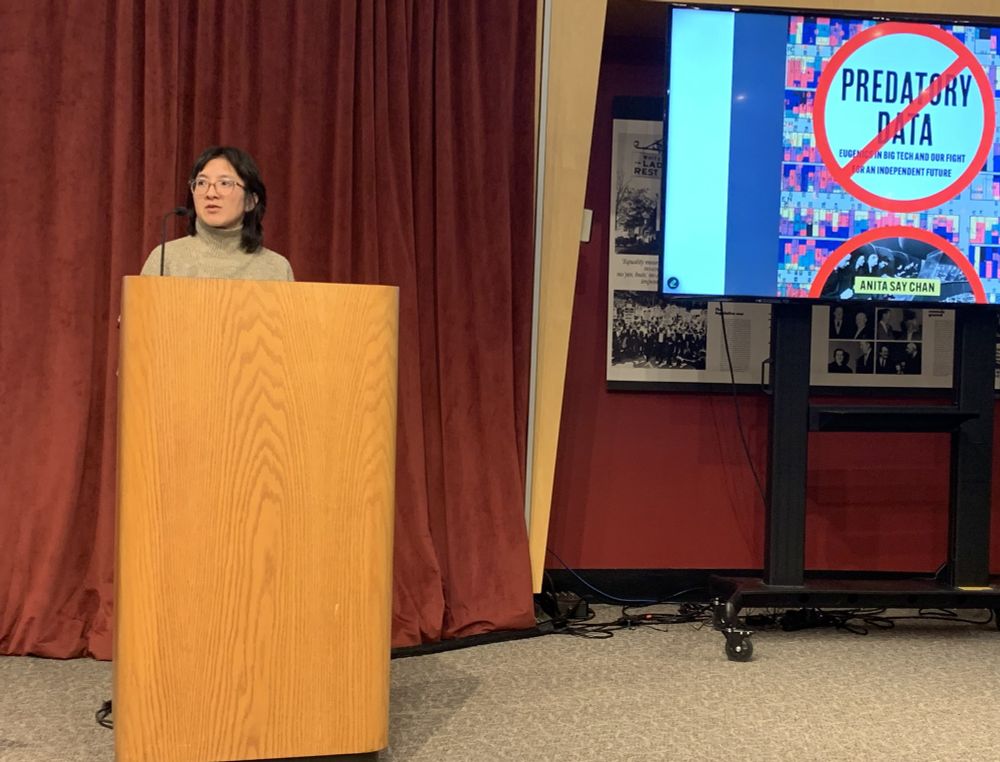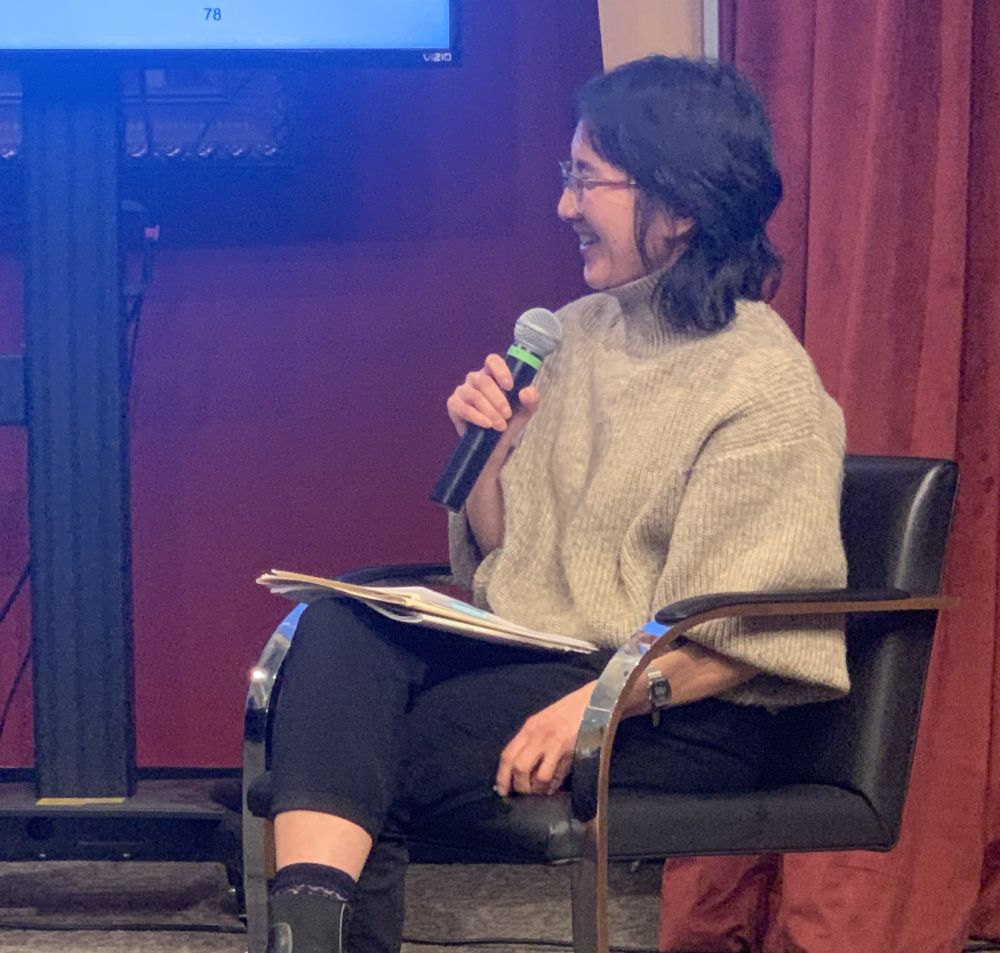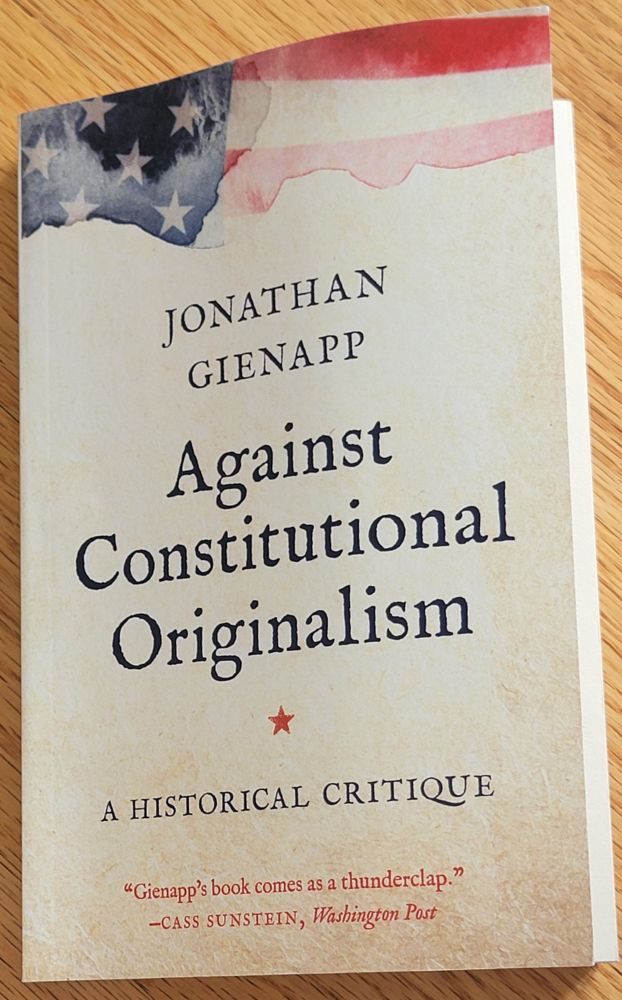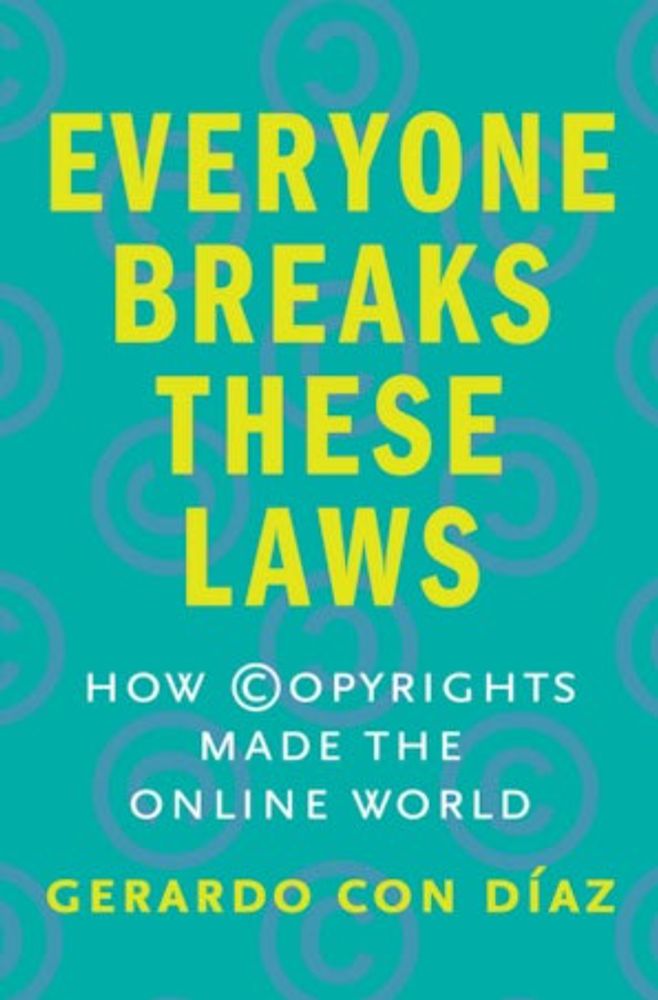Bio: https://engineering.virginia.edu/faculty/bryan-pfaffenberger
Retired but not yet expired scholar of STS | Anthropology of Technology | History of technology | Sri Lanka Studies| technological dramas theory
jobs.careers.microsoft.com/global/en/jo...
Reposted by Anita Chan, Bryan Pfaffenberger


Reposted by Bryan Pfaffenberger

yalebooks.yale.edu/book/9780300...
Reposted by Bryan Pfaffenberger
Reposted by Fabián Muniesa, Bryan Pfaffenberger

Read more here:
4sonline.org/2025_anin_lu...
Reposted by Bryan Pfaffenberger

Everyone Breaks These Laws: How Copyright Made the Online World.
Congrats Con! #histtech
yalebooks.yale.edu/book/9780300...
Reposted by Éric Verdeil, Bryan Pfaffenberger, Larry W. Hunter
Reposted by Bryan Pfaffenberger
Reposted by Bryan Pfaffenberger
Reposted by Bryan Pfaffenberger
Reposted by Bryan Pfaffenberger

Reposted by Bryan Pfaffenberger
Reposted by Bryan Pfaffenberger
Reposted by Bryan Pfaffenberger
Reposted by Bryan Pfaffenberger, Melinda Baldwin
(Also be sure to check out @williamthomas.bsky.social's slides: aip.brightspotcdn.com/91/cc/b6a413...)
#histSTM #innovation 🗃️📜
Reposted by Bryan Pfaffenberger

Reposted by Bryan Pfaffenberger
Reposted by Bryan Pfaffenberger
Reposted by Bryan Pfaffenberger
Reposted by Bryan Pfaffenberger

Yale professors, Timothy Snyder, a historian of totalitarianism and the author of "On Tyranny," and Jason Stanley, a philosopher and the author of "How Fascism Works", move to Canada.
leiterreports.typepad.com/blog/2025/03...
munkschool.utoronto.ca/person/timot...
Reposted by Bryan Pfaffenberger

cmu.wd5.myworkdayjobs.com/CMU/job/Pitt...
Reposted by Bryan Pfaffenberger

Reposted by Bryan Pfaffenberger
Reposted by Bryan Pfaffenberger





